Jill Kowalchuk’s Insights on Integrating AI in K-12 Education
Brought to you by DOCEO AI | Hosted by the AI Think Tank Podcast on May 27th 2024
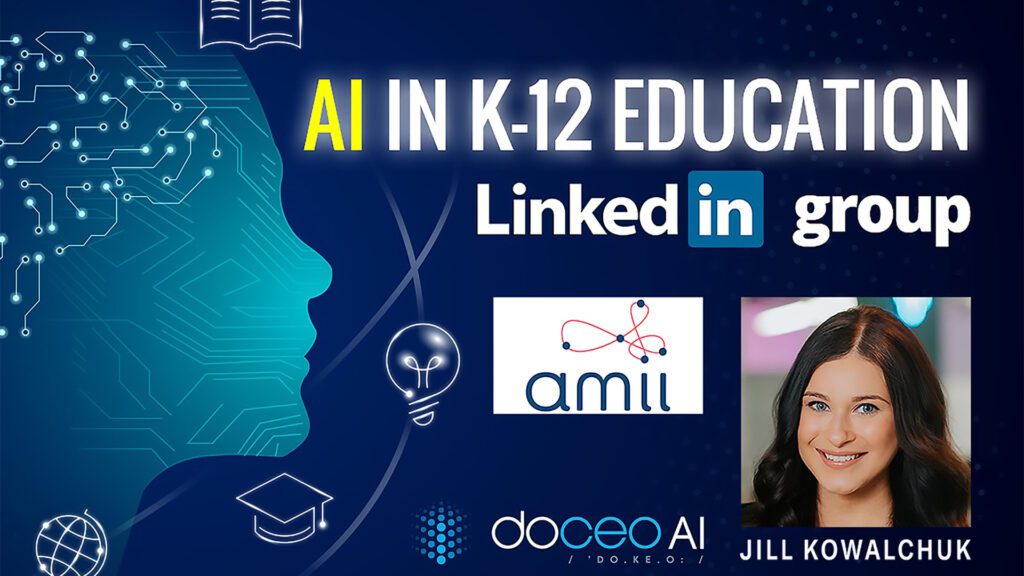
The AI Think Tank Podcast has been given permission to share this video in an effort to help teachers around the world gain a better understanding of the use of AI in education. Special Thanks to Jill Kowalchuk at amii and Ahmad Jawad at DOCEO AI. Contact us for complete transcript
Introduction
The rapidly evolving landscape of artificial intelligence (AI) presents both opportunities and challenges for educators. Jill Kowalchuk, a K-12 education advisor at the Alberta Machine Intelligence Institute (AMII), recently delivered an enlightening webinar discussing the impact of AI on education. Her presentation emphasized the importance of AI literacy, ethical considerations, and the empowerment of teachers through professional development. This article summarizes her key points, offering insights into the integration of AI in K-12 education.
Jill Kowalchuk’s Background and Role at AMII
Jill Kowalchuk’s journey began as a junior high social studies teacher. With a master’s degree in education focusing on digital literacy and currently pursuing a PhD in AI ethics, Jill has dedicated her career to understanding and promoting AI in education. At AMII, she leads the AI in K-12 program, aiming to enhance AI literacy among teachers to better support their students.
AMII and the AI in K-12 Program
The Alberta Machine Intelligence Institute (AMII) is part of the Pan-Canadian AI Strategy, collaborating with Mila in Montreal and Vector in Toronto to advance AI research and education. AMII’s motto, “inspiring world-changing machine intelligence for good and for all,” highlights its commitment to ethical AI. Jill’s AI in K-12 program focuses on empowering teachers with AI literacy, enabling them to integrate AI into their classrooms effectively.
Pilot Phase and Resource Development
Jill and her team at AMII began by conducting a pilot phase with high school teachers in the Edmonton area. They engaged teachers from three different school authorities to identify their questions and strategies related to AI and technology. This collaborative approach ensured that the program was tailored to teachers’ needs and realities.
The pilot phase led to the creation of digital learning kits, developed with the help of master’s and PhD students from the University of Alberta’s computing science department. These kits include lesson plans, assessment materials, and videos, all accessible online for free. Teachers piloted these resources during the 2023-2024 school year, providing feedback to refine and improve them.
Scaling Up and Expanding to Elementary Education
Following the successful high school pilot, AMII expanded its efforts to elementary education. The program now includes professional development workshops and resources tailored for elementary teachers, with the goal of reaching a broader range of educators and students.
Professional Development and AI Literacy Workshops
Jill’s professional development workshops, titled “AI Explorations for Educators,” cater to teachers with varying levels of AI literacy. These workshops aim to:
- Provide a basic understanding of AI and its applications in education.
- Raise important ethical questions about AI in education.
- Analyze ethical issues through case studies.
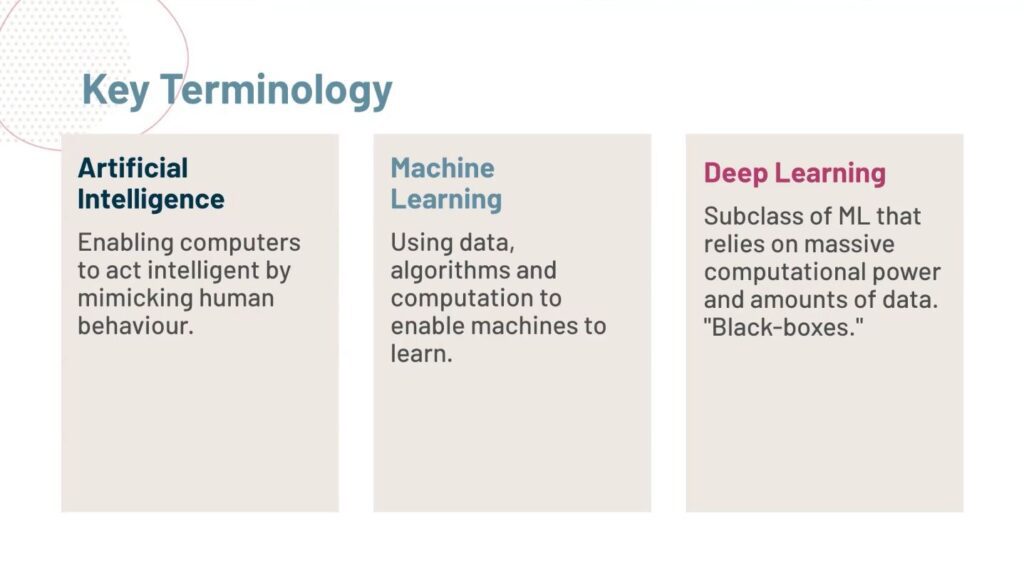
Key Concepts in AI
Jill’s workshops emphasize the importance of understanding key AI concepts, including artificial intelligence, machine learning, and deep learning. She explains that AI is an umbrella term for technologies that enable computers to mimic human behavior. Machine learning, a subset of AI, allows machines to learn from data, while deep learning involves complex algorithms that can independently learn from vast datasets.
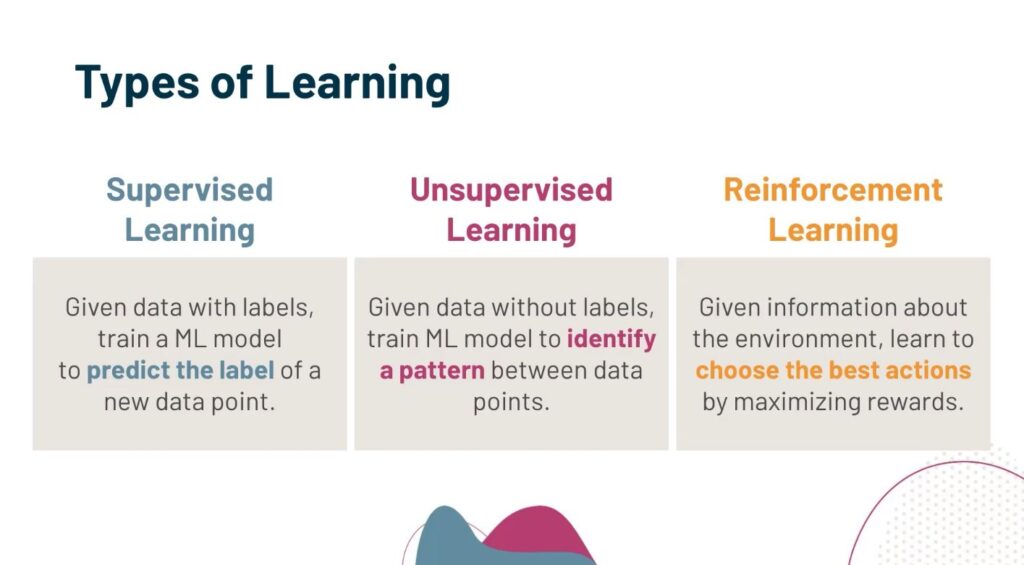
Ethical Considerations and AI Governance
A significant part of Jill’s presentation focused on the ethical considerations of AI in education. She highlighted the importance of AI governance, which involves creating policies and frameworks to guide the ethical use of AI. Fairness in AI systems, ensuring that they do not discriminate against specific groups, is another crucial aspect.
AI Literacy and Digital Literacy
AI literacy, according to Jill, stems from digital literacy. It involves the ability to critically evaluate AI technologies, communicate effectively with AI systems, and use AI tools at home, in school, and at work. Jill advocates for viewing AI not merely as a tool but as a collaborative partner that can enhance teaching and learning.
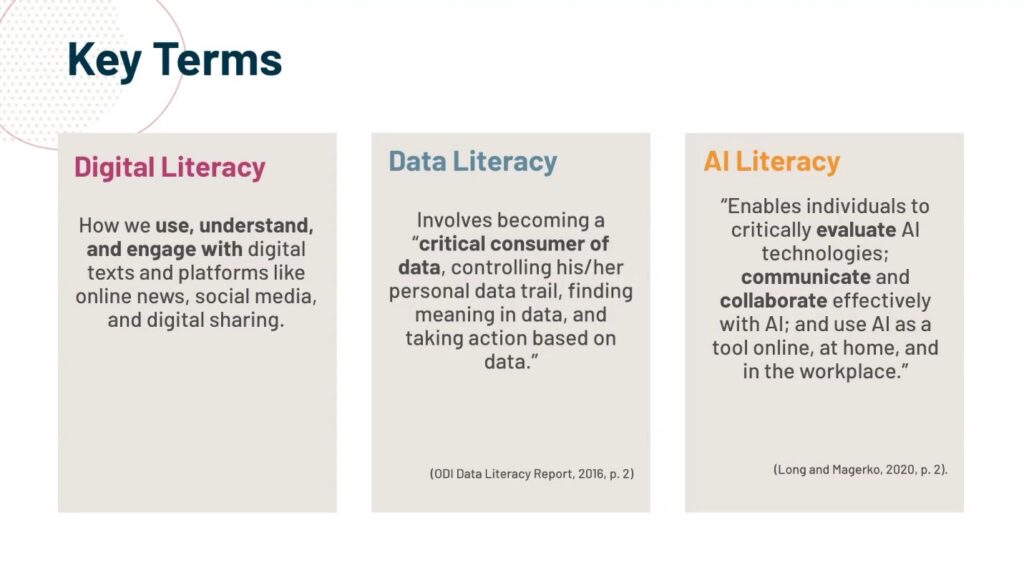
Challenges and Solutions
Jill acknowledged the challenges of introducing AI to teachers with varying levels of interest and understanding. She emphasized the importance of building relationships and providing ongoing support to help educators navigate the complexities of AI. By focusing on overall concepts and ethical questions, rather than just specific tools, Jill aims to foster a deeper understanding and more meaningful integration of AI in education.
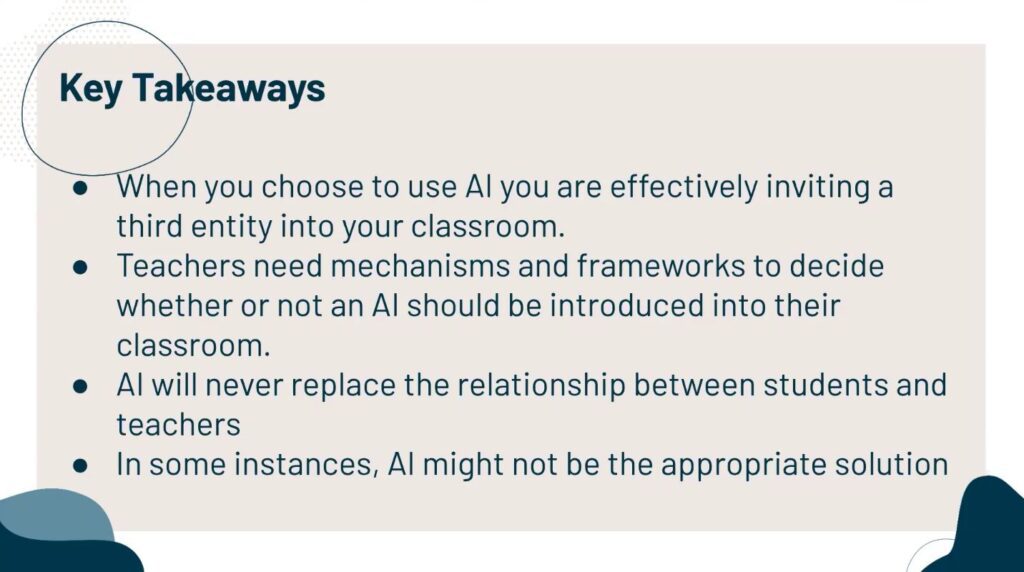
Next Steps and Future Directions
AMII continues to expand its AI in K-12 program, with plans to further develop resources for elementary educators and explore new collaborations. Jill and her team are committed to providing accessible AI literacy opportunities, including courses on AI ethics and governance, to support educators and other professionals.
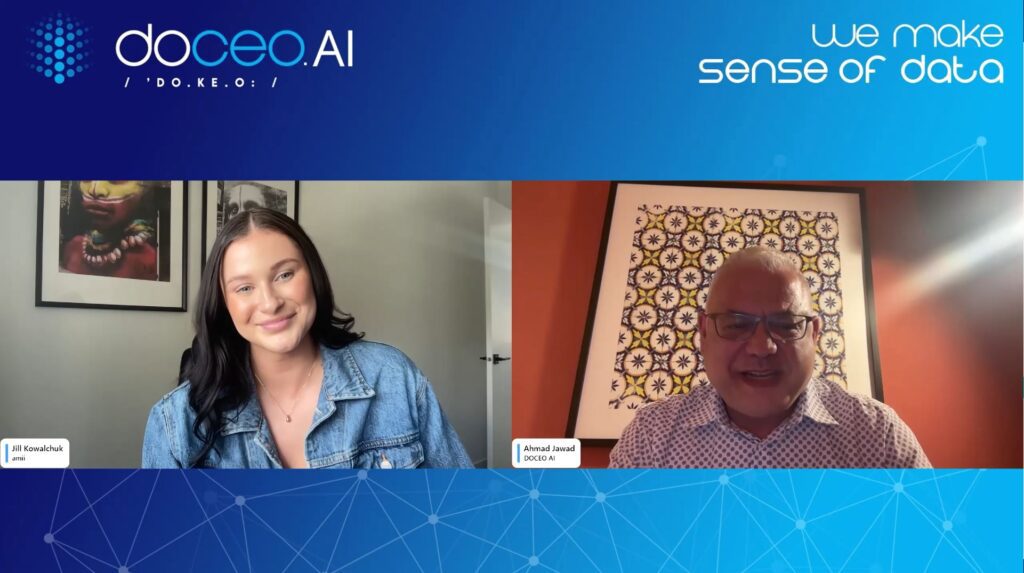
Conclusion
Jill Kowalchuk’s work at AMII underscores the importance of AI literacy in education. By empowering teachers with the knowledge and tools to integrate AI effectively, she is helping to shape a future where AI enhances, rather than disrupts, the learning experience. As AI continues to evolve, ongoing education and ethical considerations will be crucial to ensuring that it benefits all students and educators.
AI IN K-12 EDUCATION LinkedIn Group

